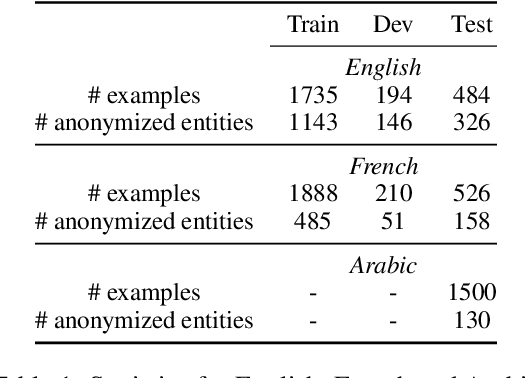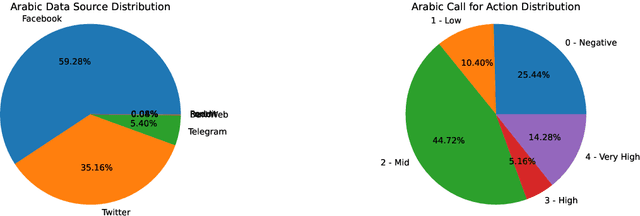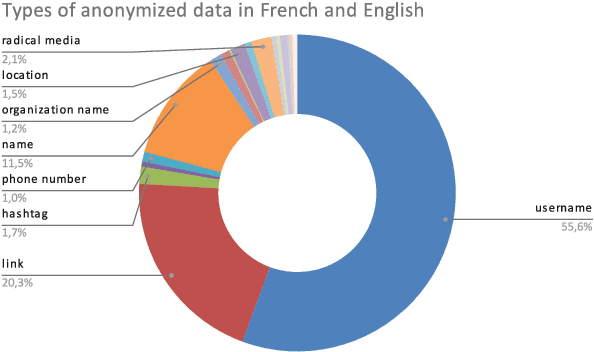Cloaked Classifiers: Pseudonymization Strategies on Sensitive Classification Tasks
Paper and Code
Jun 25, 2024



Protecting privacy is essential when sharing data, particularly in the case of an online radicalization dataset that may contain personal information. In this paper, we explore the balance between preserving data usefulness and ensuring robust privacy safeguards, since regulations like the European GDPR shape how personal information must be handled. We share our method for manually pseudonymizing a multilingual radicalization dataset, ensuring performance comparable to the original data. Furthermore, we highlight the importance of establishing comprehensive guidelines for processing sensitive NLP data by sharing our complete pseudonymization process, our guidelines, the challenges we encountered as well as the resulting dataset.
* Proceedings of the fifth Workshop on Privacy in Natural Language
Processing
 Add to Chrome
Add to Chrome Add to Firefox
Add to Firefox Add to Edge
Add to Edge